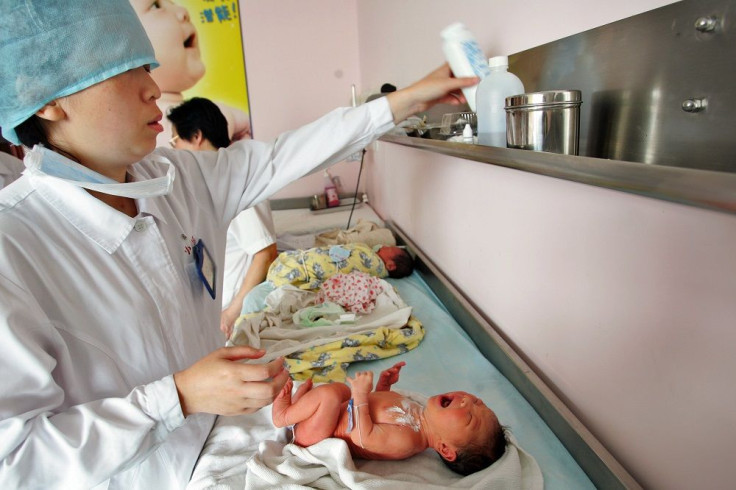No reference to talc powder in new Aussie campaign on ovarian cancer

Ovarian cancer took center stage in Australia this February as Health Minister Sussan Ley launched on Wednesday a new online resource to raise awareness among Aussie women about the ailment. On the same day, healthcare giant Johnson & Johnson was on the headlines because of its talc powder linked to ovarian cancer.
The family of an Alabama woman, Jacqueline Fox, was awarded by a Missouri state jury with damages of $72 million (AUD$100 million) for her death in October 2015 at the age of 62. The family blamed her ovarian cancer to her use for more than 35 years of Johnson’s Baby Powder and Shower to Shower for feminine hygiene.
The jury’s decision is landmark as it is the first to award damages amid the numerous lawsuits that Johnson’s is facing over ovarian cancer. Because of mixed results on tests if talc powder causes ovarian cancer, the popular cosmetic product remains on store shelves.
The Fox case and other one in South Dakota were the only ones that confirmed the link between the ailment and use of talc powders which makes it understandable why the product is not included in the list of factors associated with a higher risk of developing ovarian cancer in the Australian Health Ministry’s Web site (http://ovarian-cancer.canceraustralia.gov.au/risk-factors).
The list has eight factors, namely: family history of breast, ovarian or colon cancers, mutation of genes similar to what actress Angelina Jolie had, increasing age, medical conditions, use of hormone replacement therapy, tobacco smoking and obesity. The campaign challenges Aussie women if they are knowledgeable of symptoms of the ailment through a short 4-minute, 13-second video quiz on its YouTube channel.
The campaign seeks to reduce the number of ovarian cases diagnosed in Australia at four women per day, making the disease the second-most common gynaecological cancer and most-common cause of gynaecological death in the country, says Ley. Since the start of 2016, 1,480 new cases have been diagnosed, and an estimated 1,040 women are expected to die from the ailment this year.
Despite the talc powder not included in the risk factors, the extensive coverage given to the Johnson’s Baby powder landmark lawsuit – since it was also shared on social media – should hopefully make more Aussie women not use it for feminine hygiene so they would not be added to the 1,040 expected to say farewell to life this year.





















